
Erasing Institutional Bias
How to Create Systemic Change for Organizational Inclusion
Recommendation
Many biases poison American society and the workplace. They damage the lives, careers and health of countless millions while holding back the strength and potential of the country. In this brief call to action, Tiffany Jana and Ashley Diaz Mejias – social justice warriors themselves – present compelling data and case examples to prove their point. More importantly, they lay out a framework for action that any individual can follow to identify bias, find allies and eradicate injustice.
Summary
About the Authors
Tiffany Jana leads an international group of socially responsible organizations that build organizational inclusion worldwide. Ashley Diaz Mejias has spent most of her adult life studying and working on issues surrounding racial bias.








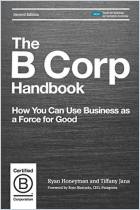
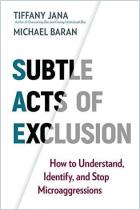
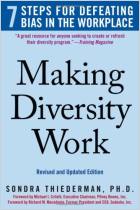
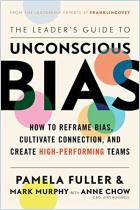
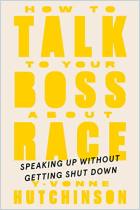
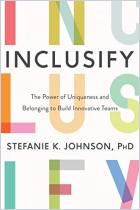
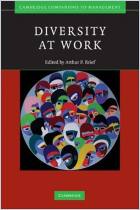
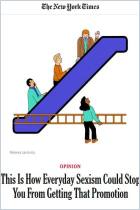



Comment on this summary